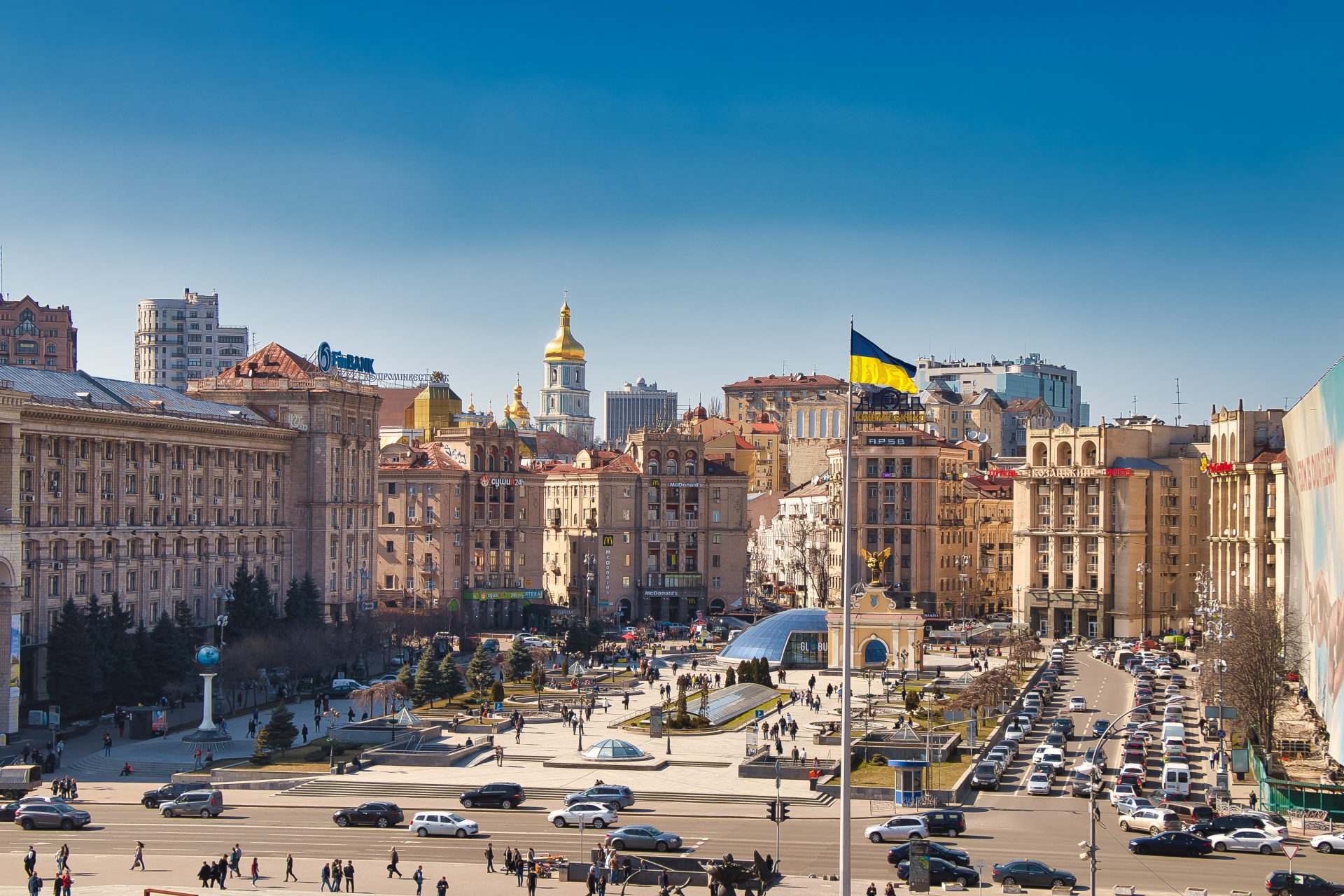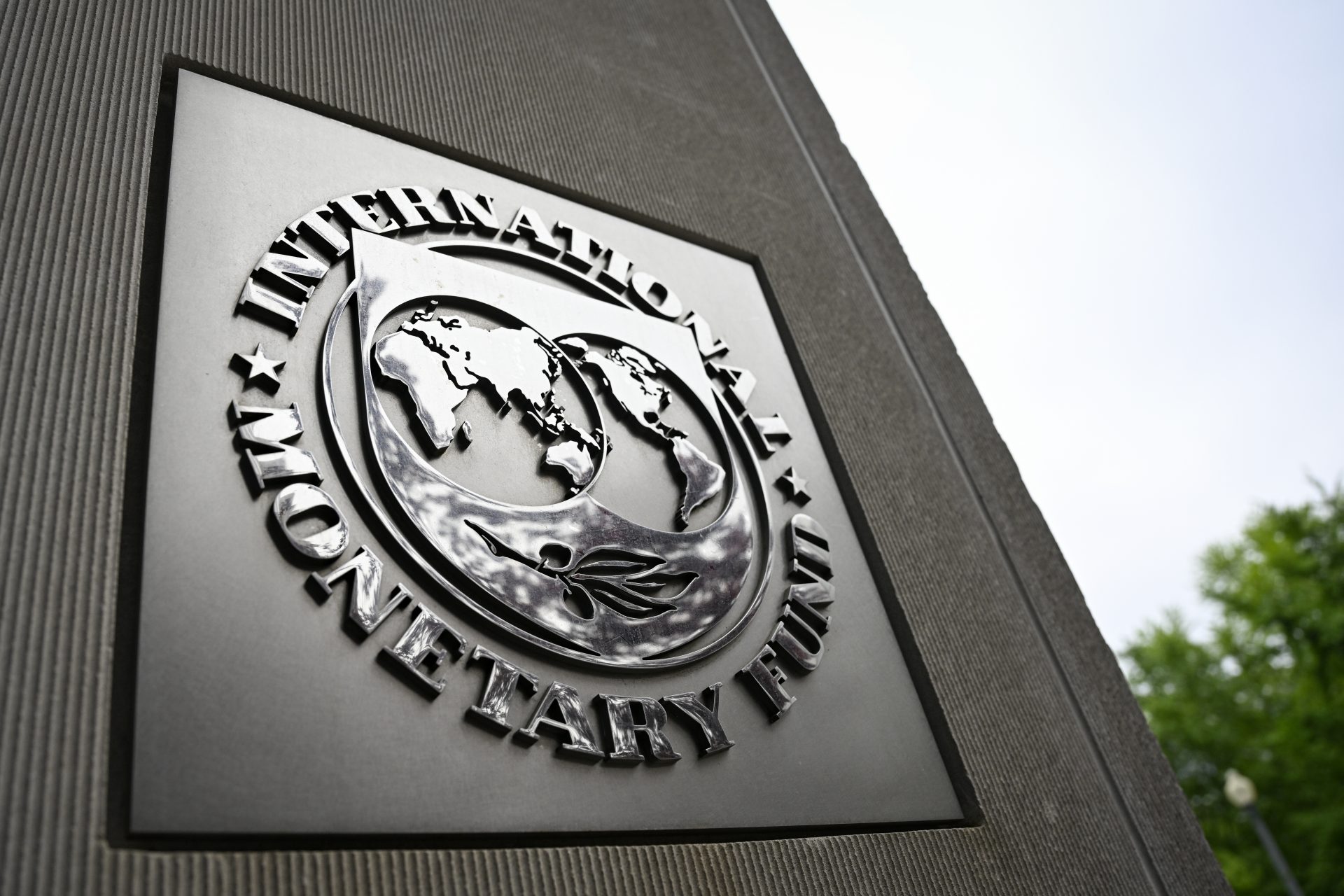Do you think this heatwave is bad? Summers in the future will be even worse
The climate emergency has become evident this summer of 2022 in the form of suffocating heat waves in different parts of the world. But the future that the environmental catastrophe we are experiencing holds for us could be even worse.
If images like this (46° Celsius / 114.8° Fahrenheit) have been captured in a city with usually mild temperatures such as Brussels, what can be said about other places?
In Iran this summer, temperatures of 50ºC were reached. Now, what will happen in the near future? Will there be uninhabitable areas?
Air conditioning is the only real relief we can find from the extreme temperatures in our day to day lives.
However, air conditioners use a huge amount of energy which of course has repercussions on global warming and causes in cities an effect of rising temperatures in the streets by expelling air hot outside.
Photo: Chromatograph / Unsplash
On average, according to the UN, the planet will warm 1.5º between now and 2040.
It might not seem like much, but that extra degree and a half changes everything and can turn areas of the planet that were warm until now into places of extreme heat. And previously hot places will become deserts that may be uninhabitable.
That degree and a half is what has been agreed upon as the scientifically anticipated as an "acceptable" rise. But the IPCC (panel of scientists who investigate climate change for the UN) speaks of a possible rise of four degrees in global temperature by 2060.
Researchers calculate that, above all, the days of extreme heat will multiply in many areas. If we had heat waves of two or three days before, they could turn into weeks of stifling temperatures.
Image: Jeremy Bezanger/Unsplashes
The IPCC (the UN climate change panel) maintains that the worst part will be carried by 2060 in the Arctic Ocean, where the average temperature could rise by 8 degrees!
Graphs like this one, from PNAS (Proceedings of the National Academy of Sciences of the United States of America) indicate in red and orange the areas that, by 2070, will have temperatures so high that they will be incredibly difficult to live in.
Large areas of Latin America, the United States, southern Spain or northern Australia will most likely become uninhabitable.
Water shortages, which are already a problem in many parts of the world, will be more and more common in the not so distant future.
According to a study by S&P Global Sustainable1 published in 2021, cities like New York are at risk of running out of water by 2050.
Of course, in the ranking of places in the United States where water resources could be scarce in 2050, Maricopa County, Arizona, ranks first.
At the moment little can be done about the 1.5ºC increase the planet is going to experience very soon. However, we must work together to prevent temperatures from rising even higher.
Photo: Markus Spiske/Unsplash
We should think more about the global picture and what may be convenient for us in the short term, is often extremely harmful for the environment in the long term.
We need to be conscious of the choices we make - walk when possible, lower the the thermostat, avoid single use plastics and fast fashion....
However, we also need to demand that companies become more responsible with their practices and be held accountable for how their actions affect the global climate crisis.
In addition governments around the world must pass laws that force the curbing of greenhouse gas emissions, the promotion of clean energy and the fight against deforestation.
Image: Lil-An Lim/Unsplash
If we ignore the problems we have with global warming, the world could die of heat if we don't take radical measures as soon as possible.
Around the world hundreds of people have died this summer of 2022 due to the unprecedented heat waves that have plagued us. Stopping climate change is crucial for our survival.
More for you
Top Stories



































